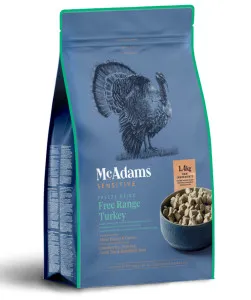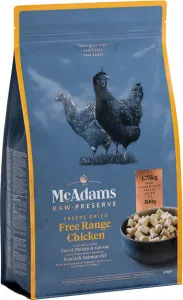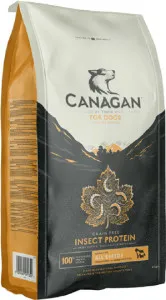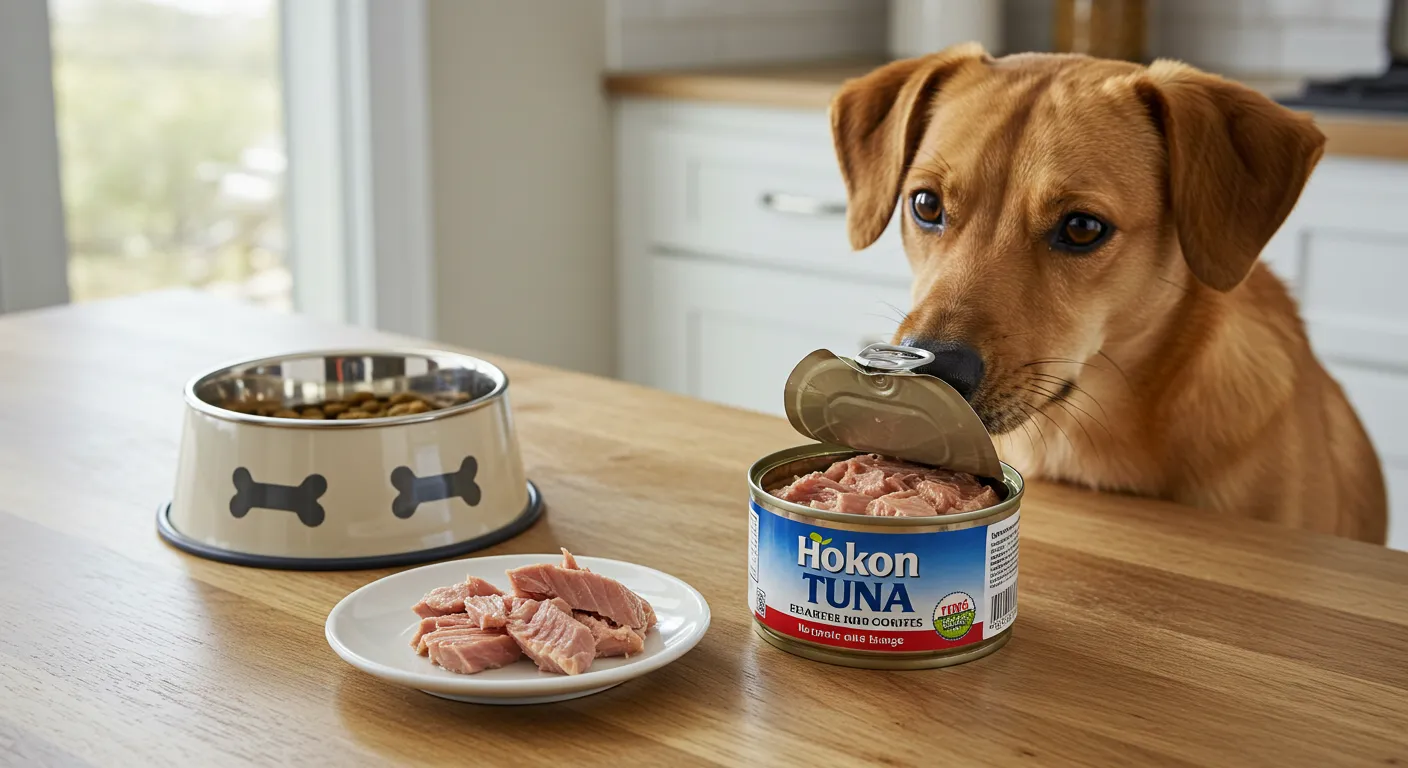Can Dogs Eat Canned Tuna? The Answer and What You Need to Know
Yes, dogs can eat canned tuna in moderation, but it should be plain, packed in water, and free from added salt or seasonings. While tuna isn’t toxic to dogs, it shouldn’t be a staple in their diet due to potential risks like mercury exposure and high sodium content. If you’re considering sharing a bite with your pup, read on to learn the dos and don’ts of feeding canned tuna to dogs.
Is Canned Tuna Safe for Dogs?
Canned tuna isn’t inherently dangerous for dogs, but there are a few key factors to consider before offering it to your pet. Unlike some human foods that are outright toxic (like chocolate or grapes), tuna falls into the "proceed with caution" category. Here’s why:
- Mercury levels: Tuna, especially larger species like albacore, can contain high levels of mercury, which may harm your dog over time if fed regularly.
- Sodium content: Many canned tuna brands are packed in saltwater or contain added salt, which can lead to dehydration or sodium ion poisoning in dogs.
- Additives: Flavored or oil-packed tuna often includes spices, garlic, or onions—ingredients that are toxic to dogs.
- Lean protein: Supports muscle growth and repair.
- Omega-3s: Promote healthy skin, a shiny coat, and reduce inflammation.
- Vitamins B12 and D: Aid in energy metabolism and bone health.
- Selenium: An antioxidant that boosts immune function.
- Mercury poisoning: Chronic exposure can lead to neurological issues, kidney damage, or even death in severe cases.
- High sodium: Excess salt can cause vomiting, diarrhea, or more serious conditions like kidney disease.
- Allergic reactions: Some dogs may be allergic to fish, resulting in itching, swelling, or digestive upset.
- Pancreatitis: Fatty tuna (especially oil-packed varieties) can trigger this painful condition in sensitive dogs.
- Choose the right type: Only use tuna packed in water with no added salt or flavorings.
- Limit portions: A teaspoon or two for small dogs, or a tablespoon for larger breeds, once a week at most.
- Drain thoroughly: Rinse the tuna to remove excess sodium.
- Mix with regular food: Use it as a topper for kibble rather than a standalone meal.
- Watch for reactions: Discontinue feeding if your dog shows signs of allergies or digestive issues.
If you decide to feed your dog tuna, opt for chunk light tuna in water , and always check the label for additives. A small amount as an occasional treat is generally safe.
Health Benefits of Tuna for Dogs
When fed responsibly, tuna can offer some nutritional perks for your dog. It’s packed with high-quality protein, omega-3 fatty acids, and essential vitamins and minerals. Here’s what makes it beneficial:
However, these benefits only apply when tuna is given in small amounts. Too much can outweigh the positives, so moderation is key.
Potential Risks of Feeding Tuna to Dogs
While tuna has its perks, there are several risks every dog owner should be aware of:
Recommended Products

McAdams Freeze Dried Free Range Turkey is an excellent choice for can dogs eat canned tuna?. This dog food contains Boneless Free Range Turkey 86.5% and other high-quality ingredients that promote overall health.

McAdams Freeze Dried Free Range Chicken is an excellent choice for can dogs eat canned tuna?. This dog food contains Boneless Free Range Chicken 86% and other high-quality ingredients that promote overall health.

Canagan Insect is an excellent choice for can dogs eat canned tuna?. This dog food contains Freshly Prepared Insects (27%)* and other high-quality ingredients that promote overall health.
If your dog accidentally eats a large amount of seasoned or oil-packed tuna, monitor them closely and contact your vet if they show signs of distress.
How to Safely Feed Canned Tuna to Your Dog
If you want to share tuna with your pup, follow these guidelines to minimize risks:
For a safer alternative, consider dog-friendly fish like salmon or sardines, which typically have lower mercury levels.
What About Tuna-Based Dog Food?
Some commercial dog foods include tuna as an ingredient. These products are formulated to be safe for regular consumption because they use smaller fish (lower mercury) and balance nutrients appropriately. If your dog loves fish, a high-quality Pet Food Analyzer can help you find a nutritionally balanced option.
Final Thoughts: Should You Feed Your Dog Canned Tuna?
While canned tuna isn’t off-limits for dogs, it’s best reserved as an occasional treat rather than a dietary staple. Always prioritize your dog’s regular, balanced meals and consult your vet if you’re unsure about introducing new foods. For more tips on safe and healthy dog nutrition, explore our Pet Food Analyzer to make informed choices for your furry friend.
